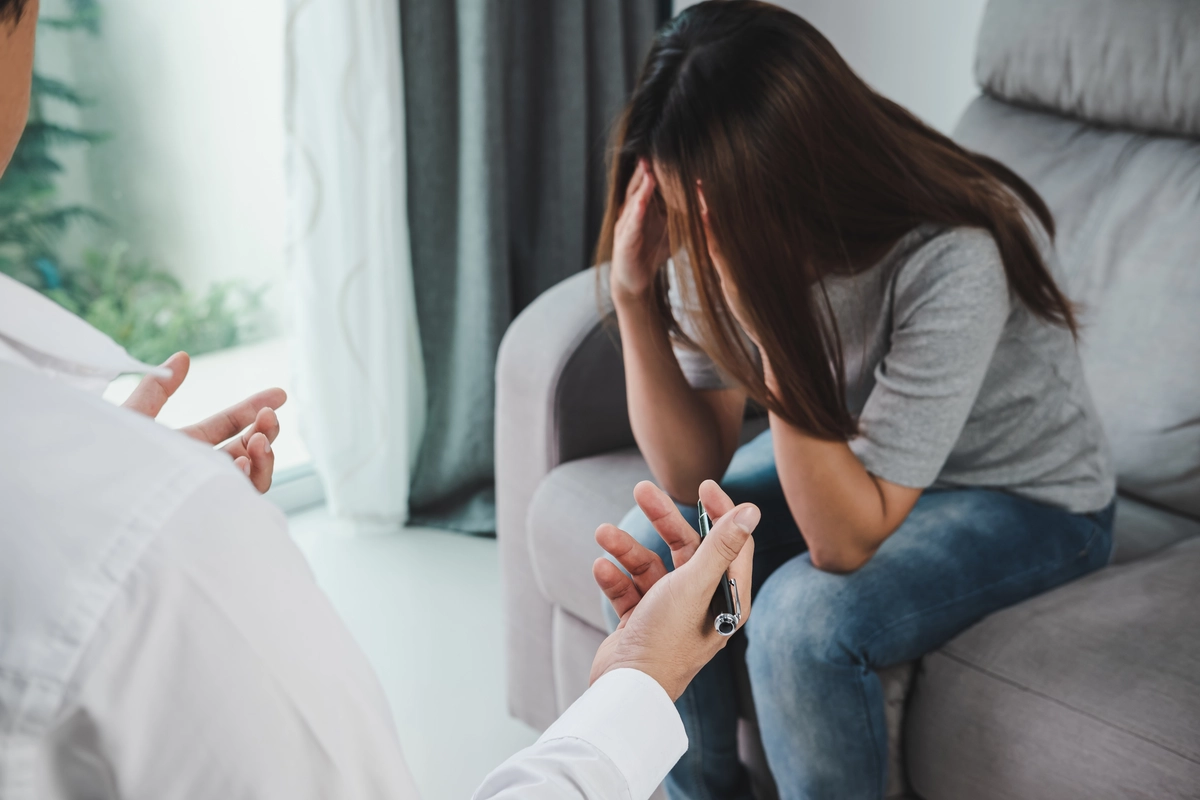24/7 Helpline:
(866) 899-221924/7 Helpline:
(866) 899-2219
Learn more about Bipolar Disorder Treatment centers in Clay County
Bipolar Disorder Treatment in Other Counties

Other Insurance Options

Magellan

BHS | Behavioral Health Systems

Evernorth

MHNNet Behavioral Health

Choice Care Network

Magellan Health

Humana

Horizon Healthcare Service

Kaiser Permanente

State Farm

EmblemHealth

Aetna

Sutter

United Health Care

AllWell

BlueShield
Beacon

Holman Group

CareSource

Meritain

South Central Behavioral Services – Outpatient
South Central Behavioral Services (SCBS) is a Community Behavioral Health agency providing mental he...

South Central Behavioral Services – Unity House
South Central Behavioral Services - Unity House is a structured setting where an individual can prac...



















































Northland Dependency Services
Northland Dependency Services is a private rehab located in Excelsior Springs, Missouri. Northland D...

Advanced Psychiatric Care
Advanced Psychiatric Care is a private rehab located in Kearney, Nebraska. Advanced Psychiatric Care...

AlAnon
AlAnon is a non-profit rehab located in Kearney, Nebraska. AlAnon specializes in the treatment of al...

Richard Young Behavioral Health
Richard Young Behavioral Health is a behavioral health and addiction treatment center for adults and...

Saint Francis – Alcohol and Drug Treatment Center
Saint Francis – Alcohol and Drug Treatment Center is a private rehab located in Kearney, Nebraska. S...

Lamplighters Club
Lamplighters Club is a non-profit rehab located in Missouri City, Texas. Lamplighters Club specializ...

























